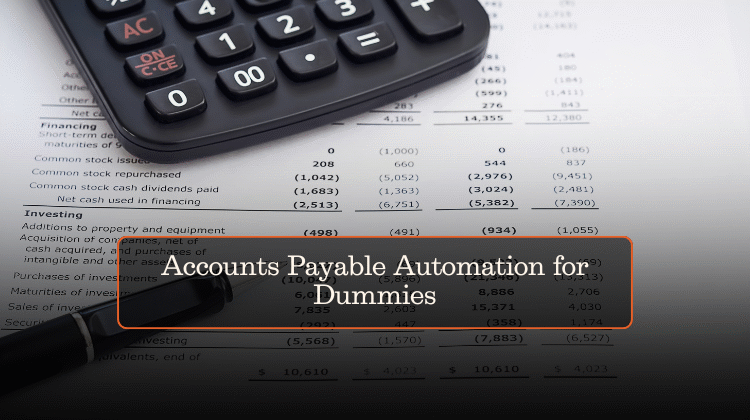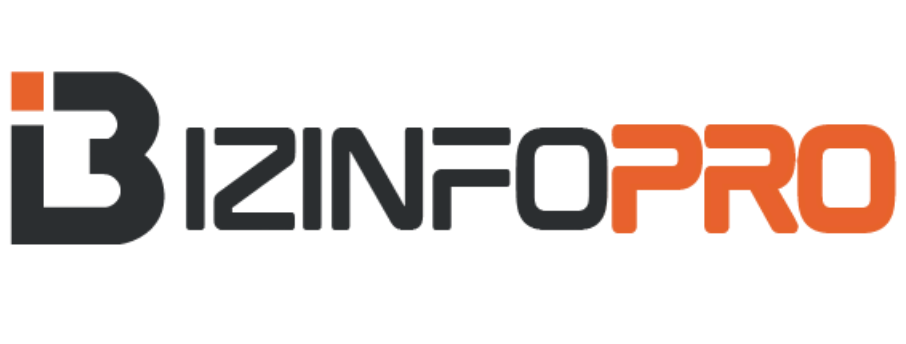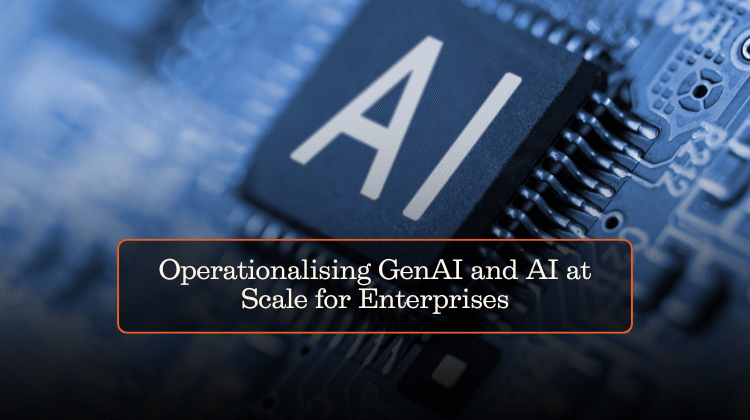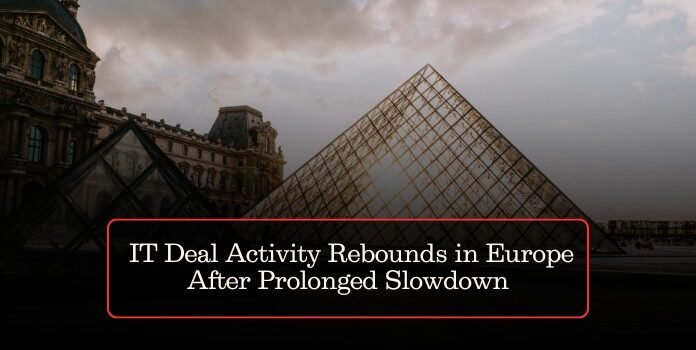
After nearly nine months of subdued performance, Europe’s information technology (IT) sector is experiencing a resurgence in deal momentum, marking a sharp rebound in M&A activity, private equity investments, and strategic partnerships across the continent.
According to newly released data from TechInsights Europe, IT-related deal volume rose by 27% in Q2 2025 compared to the previous quarter. This marks the first substantial uptick since early 2024, when macroeconomic uncertainty, inflation pressures, and shifting regulatory landscapes led to a widespread slowdown in the tech investment ecosystem.
Signs of Recovery After Prolonged Lull
The first three quarters of the past year were particularly challenging for the European IT sector. Investment activity fell to its lowest level since 2019, with concerns around rising interest rates, post-pandemic digital saturation, and geopolitical instability — particularly due to tensions in Eastern Europe — contributing to investor hesitation.
However, the second quarter of 2025 has brought a wave of renewed confidence, particularly in the areas of cybersecurity, AI-driven analytics, cloud migration services, and digital infrastructure.
“European IT is back on the deal map,” said Luca Moretti, Senior Partner at Horizon Capital Partners. “We’re seeing a definite return of capital into scalable tech platforms and infrastructure-heavy assets — sectors that promise resilience, data monetization, and long-term growth.”
What’s Driving the Uptick?
Several factors have contributed to the recent deal momentum:
- Stabilizing Economic Outlook: With inflation tapering and interest rates expected to plateau, investors are returning to high-potential sectors that were on pause during the volatility of 2023.
- Digital Transformation Imperatives: Many European enterprises are revisiting delayed IT modernization projects. With regulatory pressure to adopt secure, interoperable systems — particularly under EU’s Digital Operational Resilience Act (DORA) — demand for scalable tech vendors is rising.
- Private Equity Re-engagement: After a cautious start to the year, private equity firms are once again scouting mid-market IT firms with recurring revenue models and strong IP portfolios.
- Cross-Border Activity: Strategic acquirers from the U.S., Middle East, and Asia are showing heightened interest in European firms, eyeing geographic expansion, IP acquisition, and talent consolidation.
Notable Deals and Announcements
Several major deals have underscored the resurgence in Q2:
- Capgemini announced the acquisition of Danish cloud-native development firm Cortex Nordic in a deal estimated at €410 million. The move aims to strengthen its foothold in Scandinavia’s fast-growing enterprise cloud space.
- Siemens AG revealed a €1.1 billion investment in its digital industries software division, including the acquisition of two German AI automation startups.
- London-based InovaTech Solutions, a data analytics platform for healthcare IT, received a €150 million funding round led by EQT Ventures.
- U.S.-based TechTrust Capital completed a €600 million acquisition of Spanish cybersecurity firm CyberNexa, marking one of the largest cross-border IT transactions this year.
“These deals are not isolated. They represent a broader realignment of capital toward digital enablers and value-creating platforms,” noted Marta Glinski, Principal Analyst at EuroTech Review.
Regional Hotspots in Europe
While deal activity is improving across the continent, certain regions are emerging as more dynamic than others:
- Germany and the Nordics are attracting heavy attention in the enterprise software and infrastructure segments.
- Ireland and the Netherlands continue to be hubs for data center investment, with hyperscale development driving related acquisitions.
- Southern Europe, particularly Spain and Portugal, is seeing rising interest in mid-sized SaaS providers and cloud-based compliance platforms.
M&A Outlook: Optimism With Caution
Despite the encouraging upswing, analysts caution that the rebound may be uneven and sensitive to policy shifts, especially as the EU continues to tighten data regulation, competition laws, and tech market oversight.
“There’s renewed optimism, but it’s cautious optimism,” said Glinski. “Buyers are more selective. They’re favoring profitable, defensible tech companies with strong balance sheets and clear market differentiation.”
Some firms are also taking a wait-and-see approach until after the upcoming EU Tech Innovation Policy Summit in Brussels this August, where changes to digital taxation and cross-border compliance could be announced.
Sector-Specific Trends
- Artificial Intelligence: AI remains the top sector for deal activity, especially in enterprise automation, regulatory compliance, and financial forecasting tools.
- Cybersecurity: The surge in ransomware attacks across Europe has led to a significant increase in M&A activity in endpoint security and zero-trust architecture providers.
- Green IT: Investors are also prioritizing energy-efficient data centers and sustainable cloud service providers as ESG compliance becomes more integral to corporate tech roadmaps.
🔍 What This Means for the Industry
The resurgence in Europe’s IT deal momentum is more than just a quarterly recovery — it signals a strategic shift in how technology investment is being re-prioritized across the continent. Investors, enterprise buyers, and innovators are aligning around platforms that enable automation, security, and long-term resilience.
As the lines blur between IT and core business operations, dealmakers are no longer just looking for scale — they’re chasing strategic fit, regulatory readiness, and future-proofed innovation.
This resurgence sends a clear message:
Europe’s tech industry is not waiting for disruption — it’s building the infrastructure to lead it.











